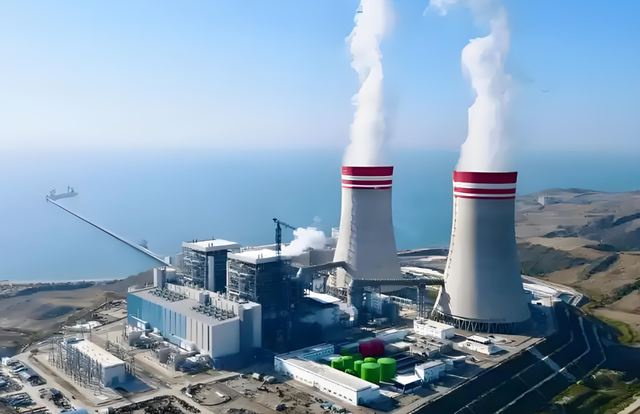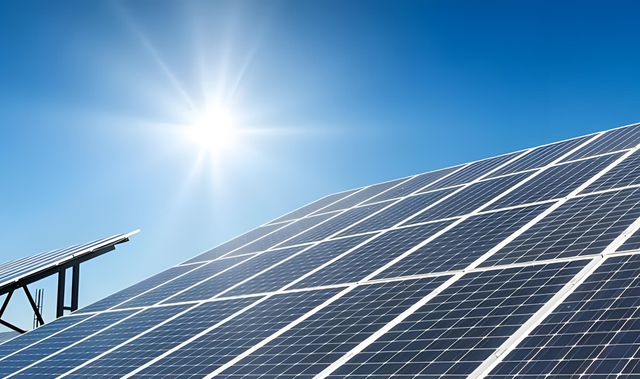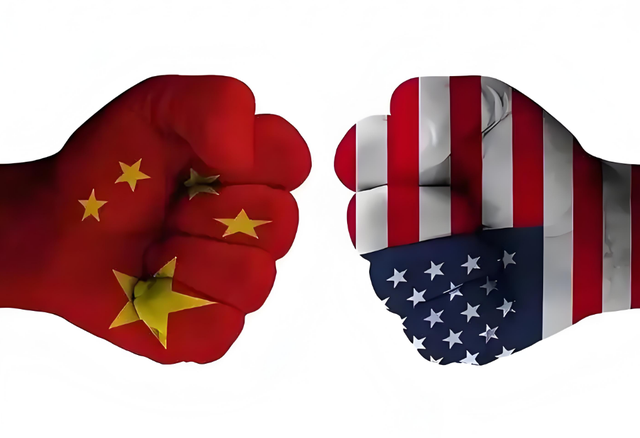Unexpectedly, the U.S. Finds Itself 'Outmaneuvered' by China in the AI Landscape, with Musk Vying for a Slice of the Action
![]() 10/24 2025
10/24 2025
![]() 547
547
As the AI industry hurtles forward at breakneck speed, the U.S. harbors concerns that China might surpass it in AI technology. This has led the U.S. to impose restrictions on the supply of advanced AI chips to China. Yet, industry insiders highlight that China is now turning the tables, 'outmaneuvering' the U.S. not just in emerging energy sectors but also in traditional energy realms.

In the realm of thermal power generation, China has achieved full self-reliance in gas turbine technology. Recently, China's "Key Technologies and Equipment for Efficient and Flexible Secondary Reheat Power Generation and Their Industrialization" project successfully passed the achievement appraisal organized by the Chinese Society for Electrical Engineering, further cementing China's preeminent position in the coal power sector.
When it comes to power transmission and transformation transformers, Chinese manufacturing commands roughly a quarter of the global market share. However, with the global AI boom in recent years, the demand for transformers has skyrocketed. Leveraging its complete industrial chain, Chinese manufacturing can swiftly ramp up transformer production capacity. Coupled with cost advantages, Europe and the U.S. are now importing transformers from China on a massive scale, propelling China's transformer exports up by over 50%.
Jensen Huang, the head of an AI chip company, posits that beyond chips, energy will be the decisive factor in the future development of AI technology. Traditional power sources are gradually reaching their limits, and clean energy alternatives like solar power will become the new energy lifelines for AI technology. These are precisely the domains where China holds significant advantages, having established its own comprehensive industrial chain.

China commands an absolute dominant market share in solar panels, accounting for nearly 90% of the market. The materials required for solar panels, such as polysilicon, silicon wafers, and battery cells, are also predominantly supplied by China, which holds over 90% of the market share. Additionally, Chinese companies dominate nearly half of the photovoltaic step-up transformer market.
Furthermore, China holds an edge in energy storage. Riding on the wave of the new energy vehicle boom, Chinese companies account for nearly 70% of the market share in power batteries. Battery technology, a core component of energy storage, positions China as the undisputed leader in the energy storage market. Energy storage is pivotal for load leveling in traditional energy sources and is equally vital for new energy sources like wind and solar power.
Given China's formidable advantages in the traditional energy transformer market and its absolute dominance in the new energy solar industry, U.S. tech entrepreneur Musk aims to make a foray into the transformer market. Musk has already invested in SolarCity and has been locked in a fierce competition with Chinese companies in the solar industry for years, with little headway. Now, he is setting his sights on competing with Chinese companies in the transformer market.
However, transformer technology is already highly refined, and further breakthroughs are no easy feat. Establishing a transformer industry outside of China, Musk's costs will be unable to match those of Chinese companies. Moreover, he has consistently faced setbacks at the hands of Chinese companies in the solar industry. Thus, the prospects of him succeeding in competing with Chinese companies in these sectors appear bleak.
China's partial advantages in traditional energy, absolute dominance in new energy, and strengths in industries like energy storage collectively amplify its voice in the AI industry. The U.S. may have thought it could 'outmaneuver' China with its AI chip technology advantage, but it likely did not anticipate China's immense advantages in the energy sector.

Moreover, with the advancement of China's AI chip technology, the U.S. will not be able to 'outmaneuver' China in the AI chip sector for much longer. When China's AI chip technology catches up with that of the U.S., the U.S. will lose its technological edge and will instead continue to find itself 'outmaneuvered' by China in the energy sector. At that juncture, the U.S. will have only itself to blame and will taste the bitterness of being constrained by others.








